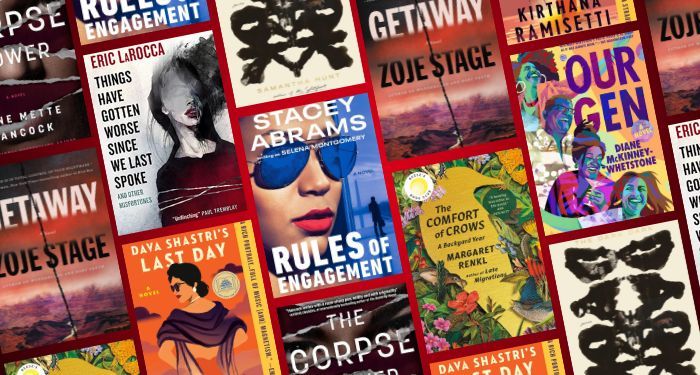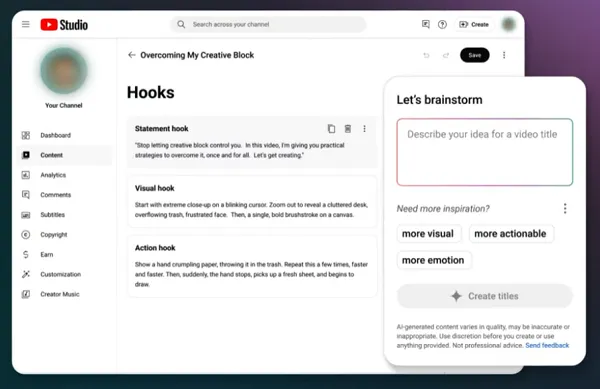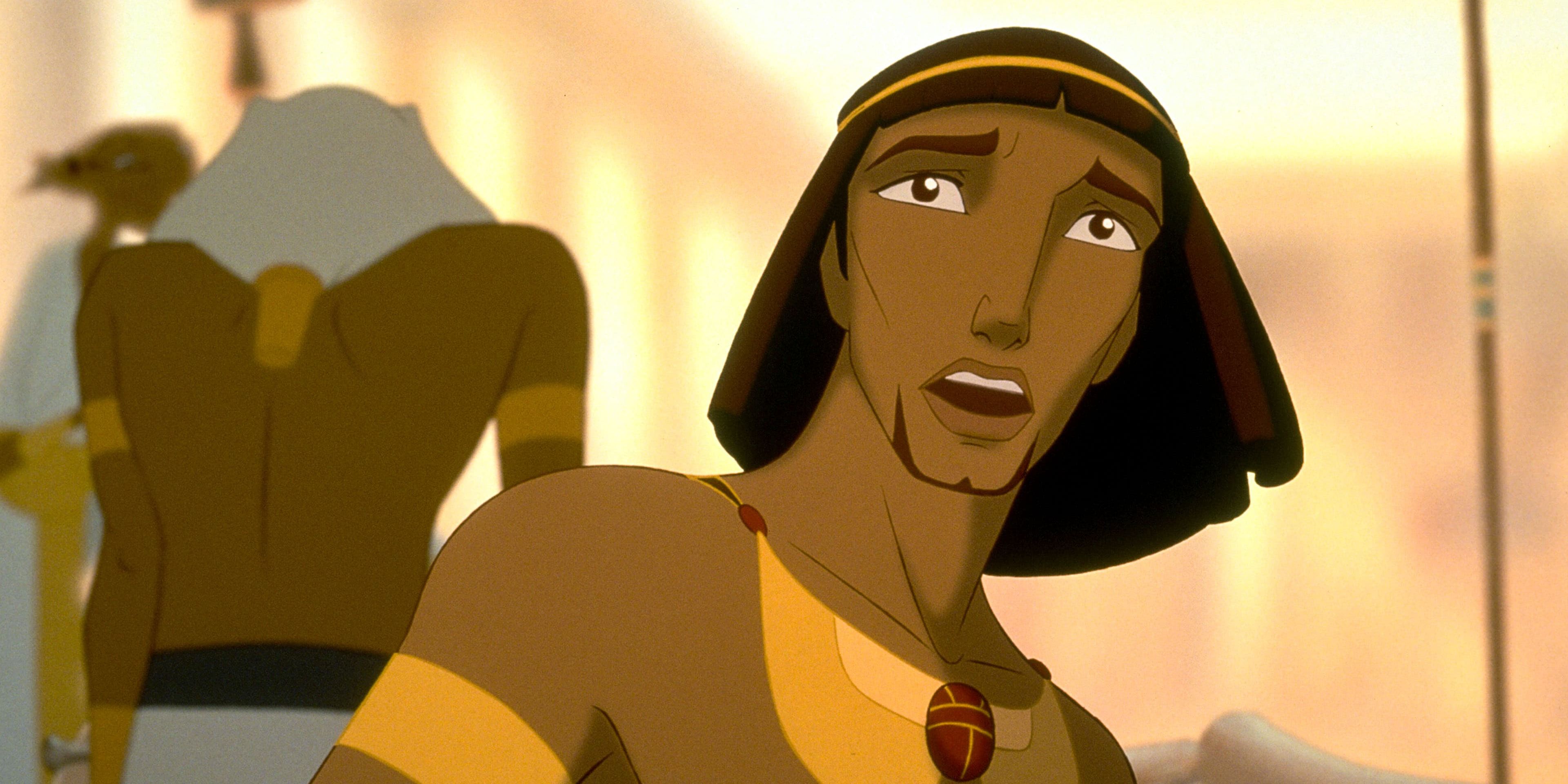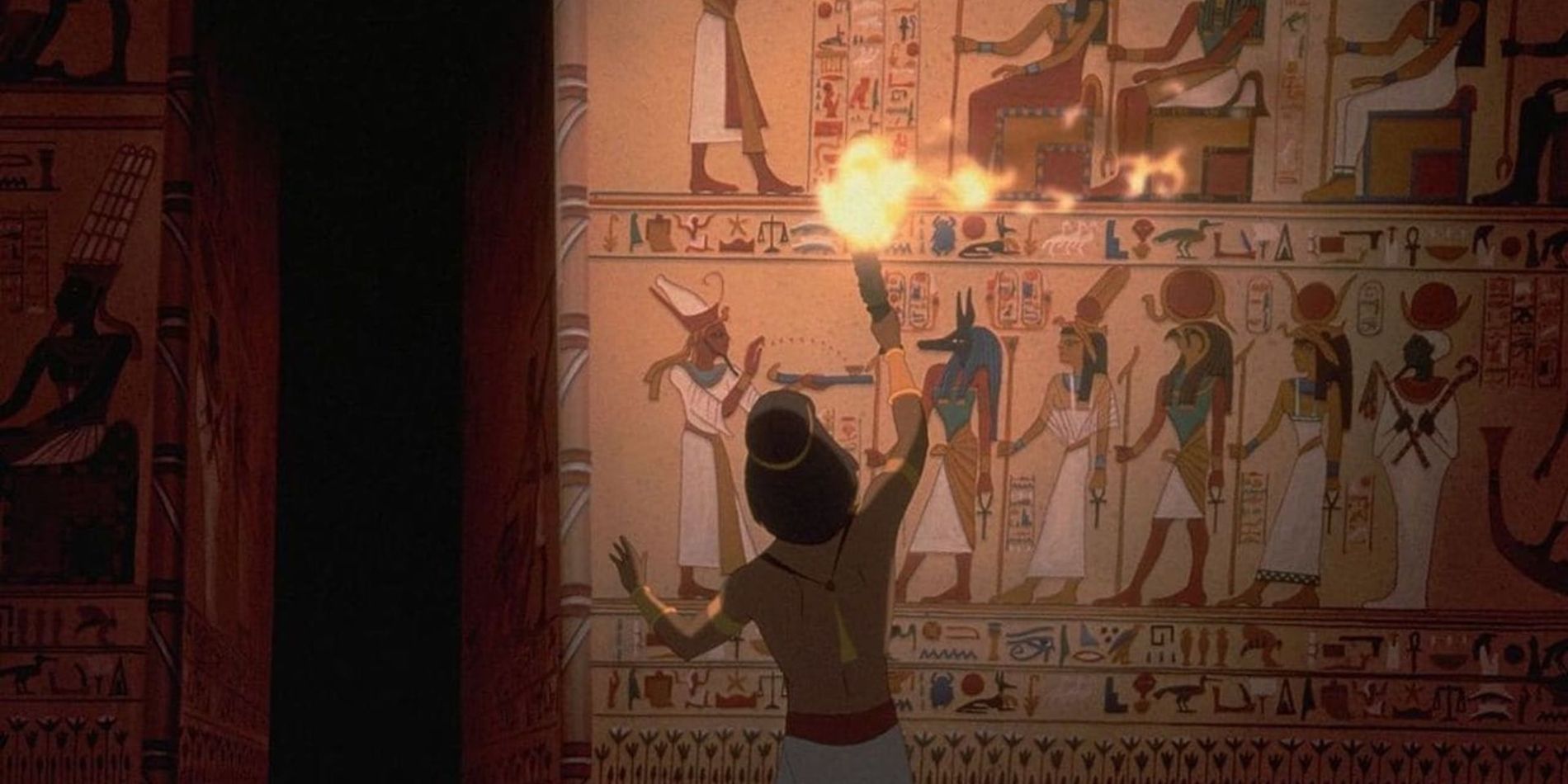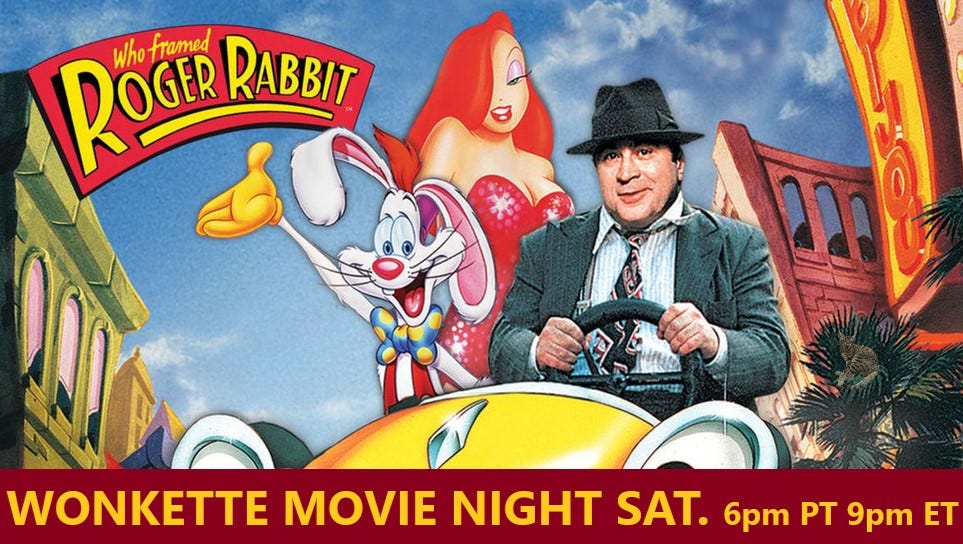The Big Picture
- DreamWorks’ 1998 classic The Prince of Egypt is a landmark animated achievement and boasts an amazing cast of ’90s-era movie stars.
- Although the film adapts the Biblical tale of Moses, its commitment to human relationships creates a phenomenal story separate from any religious agenda.
- The all-star cast bring complex depth and relatable vulnerability to their characters, with Ralph Fieness and Val Kilmer as standout examples.
There’s only one movie where the most gargantuan household names of the 1990s gathered together to act their faces off, and it was an animated adaptation of a Bible story. That probably wasn’t your first guess, was it? Released in 1998, DreamWorks Pictures’ The Prince of Egypt boasts a cast too magnificent to believe. One might go so far as to call it a miracle. The talent list reads like a roll call of 90s box office riches, then induces jaw-drops with a side of brain explosions.
On its own merit, The Prince of Egypt remains DreamWorks’ best film by a mile. (Sorry not sorry, Puss in Boots: The Last Wish. Know your place.) The film’s scope and scale are of astounding grandeur, reminiscent of David Lean’s Lawrence of Arabia and with a pathos comparable to William Shakespeare. Chronicling the Biblical tale of Moses, a man tasked with liberating the Hebrew nation from their oppressors, The Prince of Egypt taps into the tome’s fundamental humanity and crafts a phenomenal cinematic narrative separate from any organized religious agenda. To shamelessly steal another animated masterpiece’s tagline, The Prince of Egypt is a mythical tale as old as time humanized for any modern generation. The detail woven into its hand-drawn animation and the literal years spent creating CGI techniques are beaten only by Sony’s Spider-Verse films.
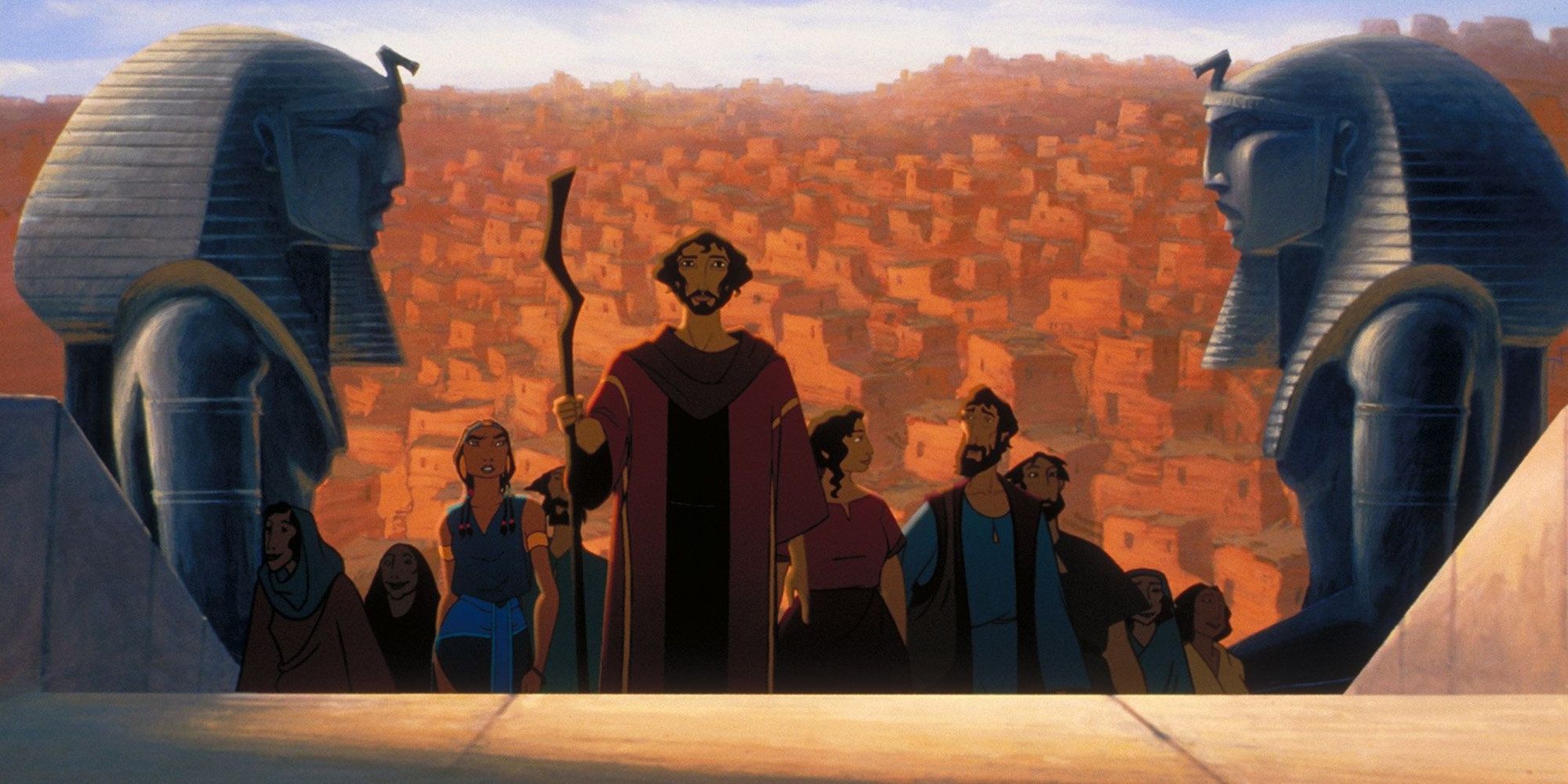
Where to Watch ‘The Prince of Egypt’: Is the DreamWorks Classic Available on Streaming?
This beloved animated retelling of the life of Moses is the perfect seasonal watch for the whole family.
All this said, the cast carries The Prince of Egypt that extra Red Sea-mile from spectacular to one of the film’s greatest animated achievements. Every actor performs like their lives depended on it. Val Kilmer delivers a career-best turn as Moses (from Top Gun and Batman: Forever to the Bible — who would have thought?) echoed by Ralph Fiennes‘ almost career-best (it’s a tight race) as Moses’s adoptive brother-turned-enemy. Then there’s Michelle Pfeiffer, Sandra Bullock, Jeff Goldblum, and Danny Glover. The Steve Martin and Martin Short duo lend their comedic expertise. Freaking Patrick Stewart at the height of his Star Trek: The Next Generation fame drops in to terrify. Even Helen Mirren (!!) is up in here playing the regal matriarch role for which she was destined. Yes, this is a cast of predominantly white actors voicing historically Egyptian and Middle Eastern characters is problematic, but their talent can’t be denied.
Of course, it’s easy for cynicism to rear its ugly but sometimes accurate head and claim this was all for a paycheck. Nevertheless, each actor performs with the same finesse required of live-action. Everyone even suits their roles instead of studio executives tossing celebrities at a dart board and seeing who sticks. The cast ensures The Prince of Egypt is an ambitious, intimate, potently raw work of art with astonishing weight and maturity rarely applied to children’s entertainment.
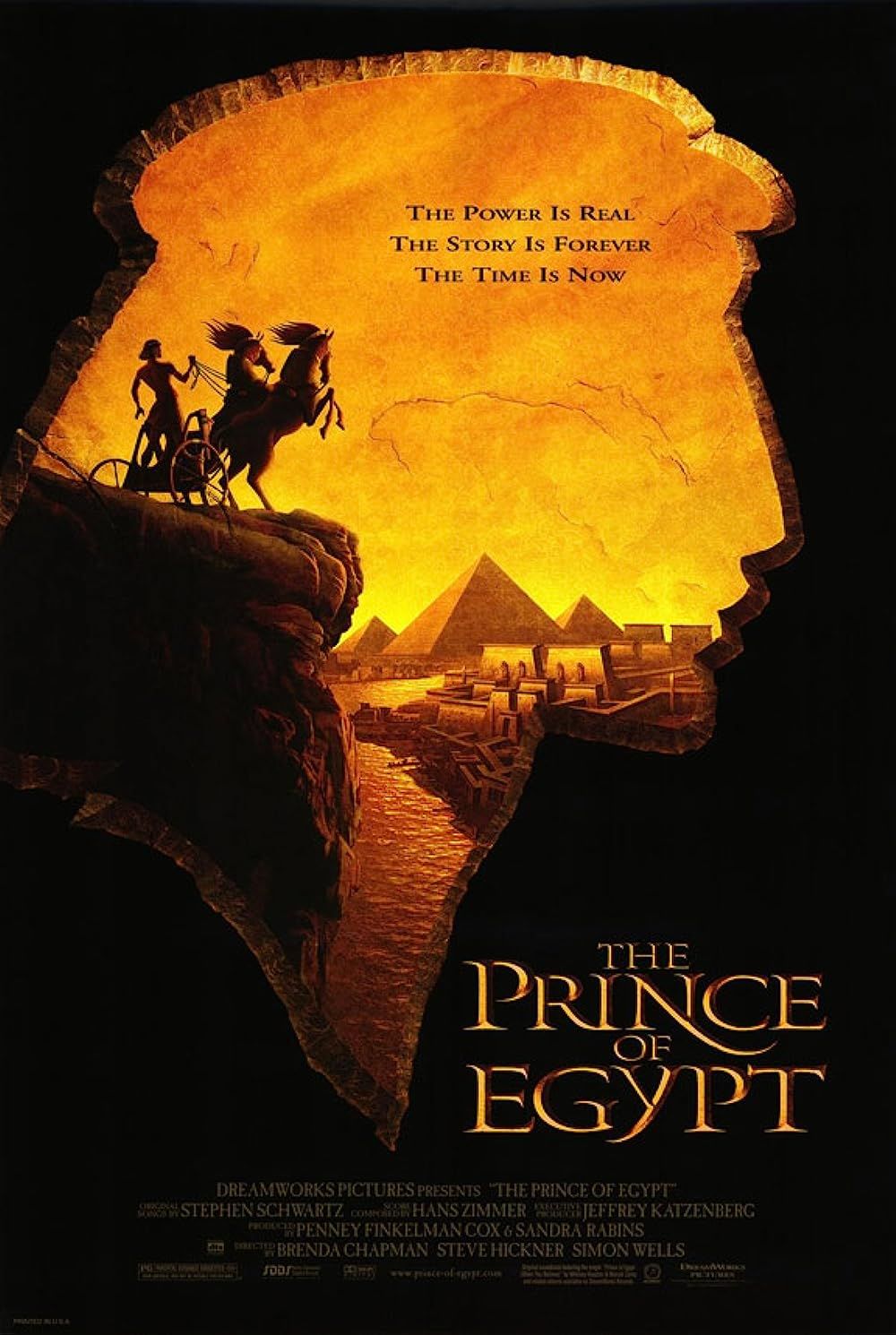
The Prince of Egypt
Egyptian Prince Moses learns of his identity as a Hebrew and his destiny to become the chosen deliverer of his people.
- Release Date
- December 16, 1998
- Director
- Brenda Chapman , Steve Hickner , Simon Wells
- Rating
- PG
- Runtime
- 99
- Tagline
- Two brothers united by friendship divided by destiny.
‘The Prince of Egypt’ Was an Ambitious Idea
DreamWorks founders David Geffen, Steven Spielberg, and former Walt Disney Studios chairman Jeffrey Katzenberg (who oversaw the Renaissance period responsible for The Little Mermaid, Beauty and the Beast, Aladdin, and The Lion King) wanted their projects to break new animated ground. Spielberg concocted a bold idea: adapting Cecil B. DeMille’s epic The Ten Commandments, which starred Charlton Heston as Moses. Founded in 1994, DreamWorks was still in its infancy. However, Spielberg was already a cinematic titan by the mid-1990s, so his influence likely helped secure that bonkers cast.
From the start, the DreamWorks team had a shared vision: making animated movies that would engage adults as much as children. Speaking with Polygon in 2018 about her career and making The Prince of Egypt, co-director Brenda Chapman discussed the production’s inspirations and aims: “I think we were looking more at the Japanese template where there’s so many different forms of animation over there and it’s considered filmmaking and an art form and it’s not looked down upon as kids’ stuff,” Chapman said. “Animation in the U.S. has always been the bastard child of the industry.”
Essential to that goal was tapping into human emotions. Out of the three directors, Jeffrey Katzenberg trusted Chapman to infuse such a vast story with genuine weight. Chapman understood that exhuming the Biblical story’s human heart was the only way to bring it to the screen. Chapman said the story team focused on “how this huge story and these big events affect the human story of the two brothers. That’s where we really felt like we cracked it, was finding that angle to tell the story.” That’s an element that would surely appeal to actors of high caliber — and, clearly, The Prince of Egypt did.
Val Kilmer Defies Expectations in ‘The Prince of Egypt’
At the risk of evoking a broken record, it’s almost ridiculous how no parts suffered from stunt casting. There’s a sense of gravity as well as raw intimacy when the actors’ vocals are paired with some astonishingly emotive animation. Each performance is sophisticated, which befits the somber material. And animation requires different techniques and skill sets compared to live-action roles; not all can make the required leap. Val Kilmer explained why he enjoyed the experience: “To me,” he said, “it’s very reminiscent of theater […] and rhythms of speech and the importance of each phrase, and the kind of work that I’ve rarely had the chance to do in film as an actor.” Ralph Fiennes explained how he fueled his performance with his imagination: “Your voice has got to be its own physical body.” The animation’s naturalistic expressions matched the actors’ ranges lending a level of validity rarely achieved even in the finest animated features.
As Moses, Kilmer delivers one for his record books. Tackling a historical figure of such import was already a hefty responsibility, but The Prince of Egypt humanizes Moses through a compelling character arc. The script demands Kilmer credibly capture Moses’s early days as an exuberant, indolent youth, so his transformation into a humbled, guarded man on a God-divined mission is effective. Without that, the movie would fall apart. Moses walks the gamut of human emotion: arrogance, disbelief, fear, self-doubt, and regret. He presses forward with determined severity and empathetic kindness in equal measure, even though his task means resigning himself to inflicting secondhand heartbreak upon his adopted brother. Once he becomes a man of God, The Ten Commandments upholds Moses as a dull, one-note embodiment of virtue. He’s something to mimic but to a standard that’s impossible to achieve. Kilmer’s Moses is relatable because of his flawed multifacetedness.
In a behind-the-scenes featurette, producer Penney Finkelman Cox praised Kilmer’s work ethic. “[He] has put more time and effort into it than any other actor has in an animated film. He has never turned us down when we’ve asked him to come back even if it was for one single line to just make that dialogue read a little bit better in the movie, be a little bit stronger performance.”
‘The Prince of Egypt’s Supporting Cast Is a Highlight
Every hero needs an enemy, and Ralph Fiennes matches Kilmer’s dedication beat-for-beat. Simply put, Fiennes ate this role up and didn’t leave a single crumb. His Rameses overflows with wild pathos (even while singing — yes, Fiennes briefly sings!). In contrast to The Ten Commandments, which posited Moses and his royal brother as enemies divided by jealousy from the start, Fiennes’ Rameses begins the story as good-humored and indulgent. The two always reconcile past conflict; there’s a sense Rameses would move heaven and earth for his little brother. Yet the heir to the Egyptian throne strains and buckles under the pressure because his father Seti (Stewart) finds his firstborn unworthy. Oppressive dynasties aside, this makes Rameses a sympathetic figure. Even as an adult, he’s never emerged from his father’s shadow or stopped being a boy who desperately craves love and validation.
Once Moses, the person he loves most in the world, casts Rameses aside, he morphs from an adoring brother into a vessel of menacing, bloodthirsty revenge. Rameses’ fury reaches god-like proportions, as does his trained egotism and childish petulance. It’s an exquisite script, but the sharply flinted truth bleeds through thanks to Fiennes’ delivery. His voice peels back Rameses’ layers and presents upon a silver platter a character rich enough to sink bared teeth into. Even admist a stacked cast, Fiennes eviscerating the role makes him the standout.
The supporting cast perfectly rounds out the ensemble. Pfeiffer’s unrepentant fierceness as Tzipporah shoves a female presence to the forefront of a male-centered legacy, but not one so stereotypically powerful that she’s lacking compassion. Bullock’s Miriam is a mirror and a compliment to Pfeiffer, an impassioned optimist despite her torturous life. Glover has little to do as Tzipporah’s father Jethro, but he does it all right. As Moses and Miriam’s angry brother Aaron, Goldblum dampens those trademark mannerisms and recalls The Fly‘s muted intensity instead. Besties Steve Martin and Martin Short provide the required anachronistic humor with their snippety one-liners, but their Egyptian High Priest duo channels menace over Disneyfied wit.
Patrick Stewart hasn’t phoned in a performance a day in his life. His gravitas as Seti is overbearing without feeling heartless, epitomizing a powerful man who values his legacy’s preservation over fatherly kindness. He delivers the most chilling line of the entire film, easily. And as Seti’s queen Tuya, Helen Mirren is a compassionate mother and firm matriarch, regal yet no push-over.
‘The Prince of Egypt’ Remains an Animated Masterpiece
Although The Prince of Egypt was a critical and financial success in 1998, twenty-five years of animation continuing to be shunted to the side as a lesser art form has only sweetened its power. It’s a refined feat worth basking in and DreamWorks’ standing triumph — and if you need a party conversation starter, just whip out that cast’s IMDB page.
The Prince of Egypt is available to stream on Prime Video.












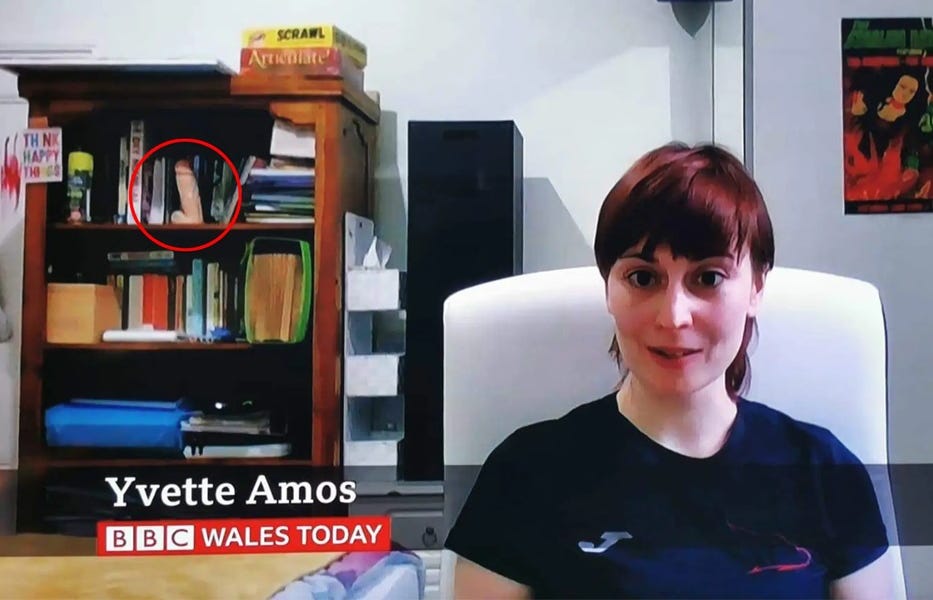


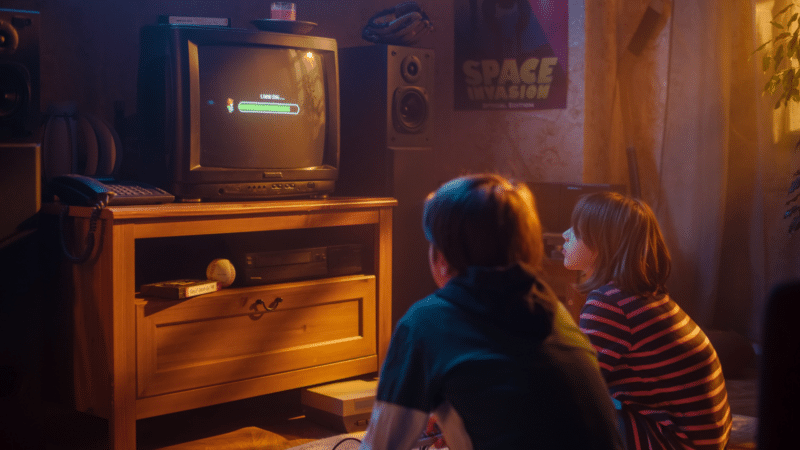






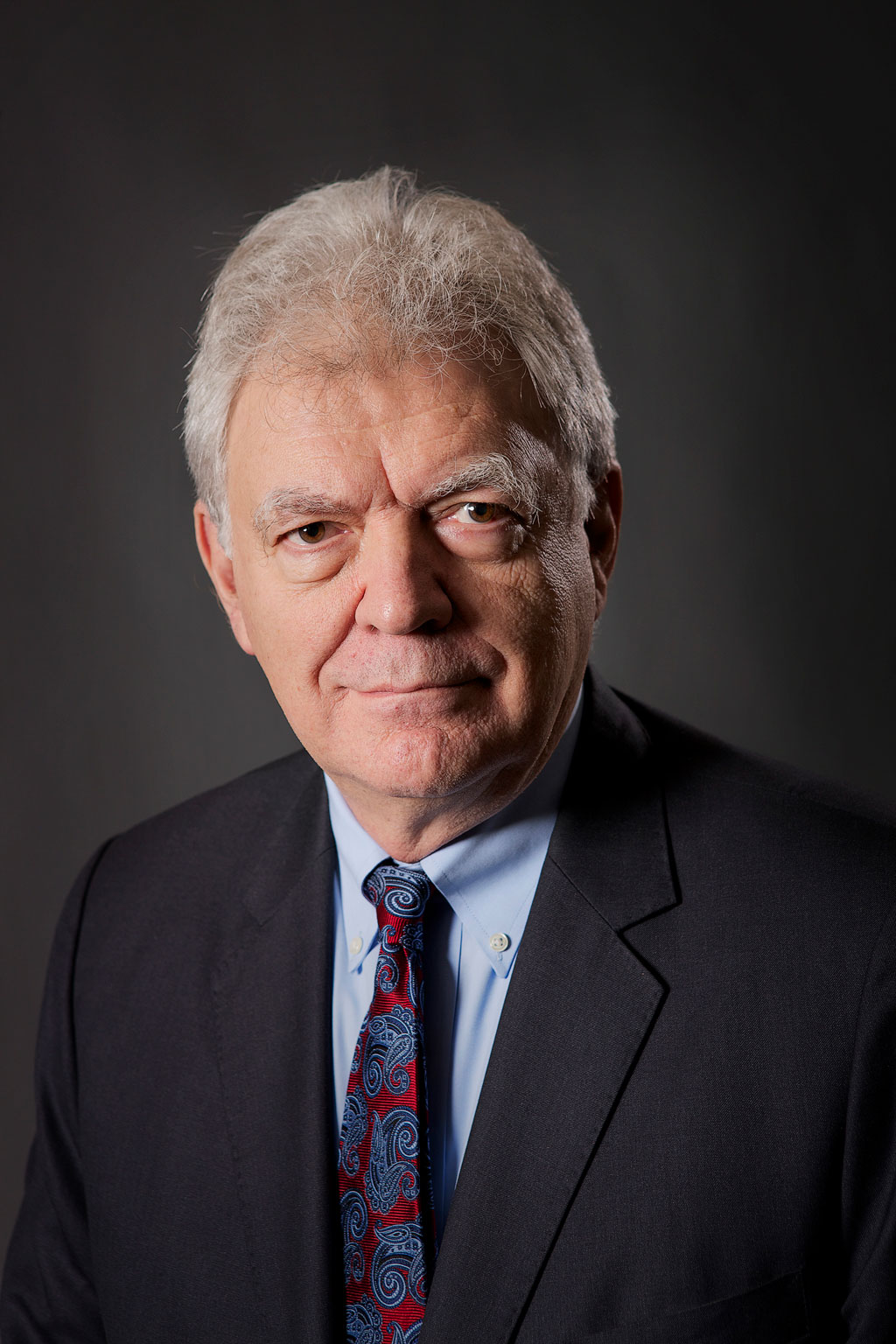


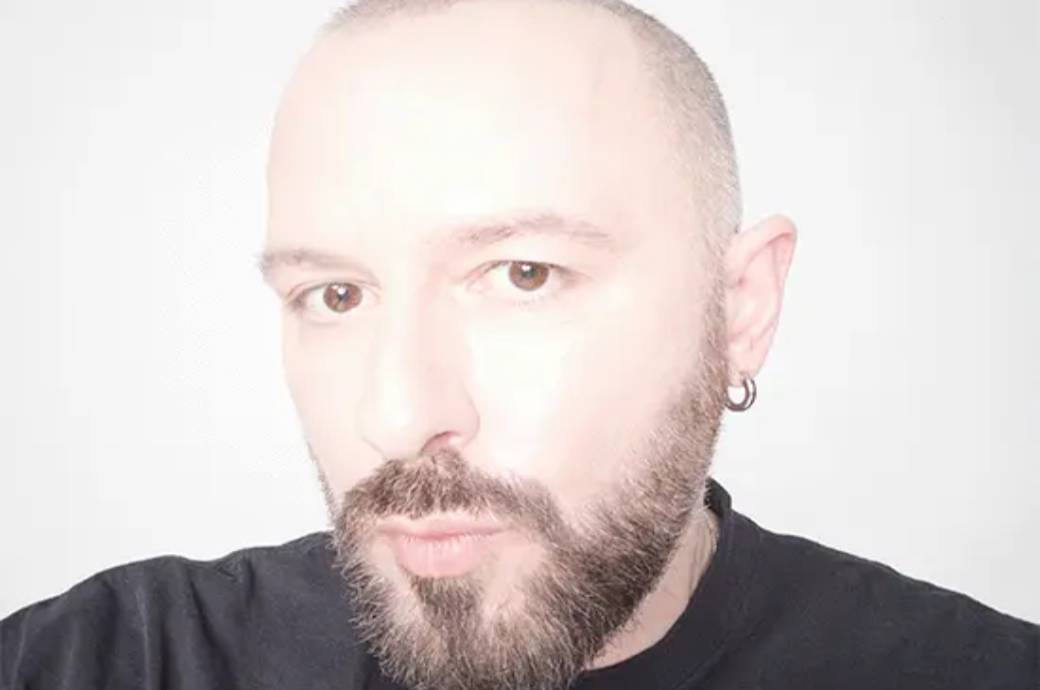




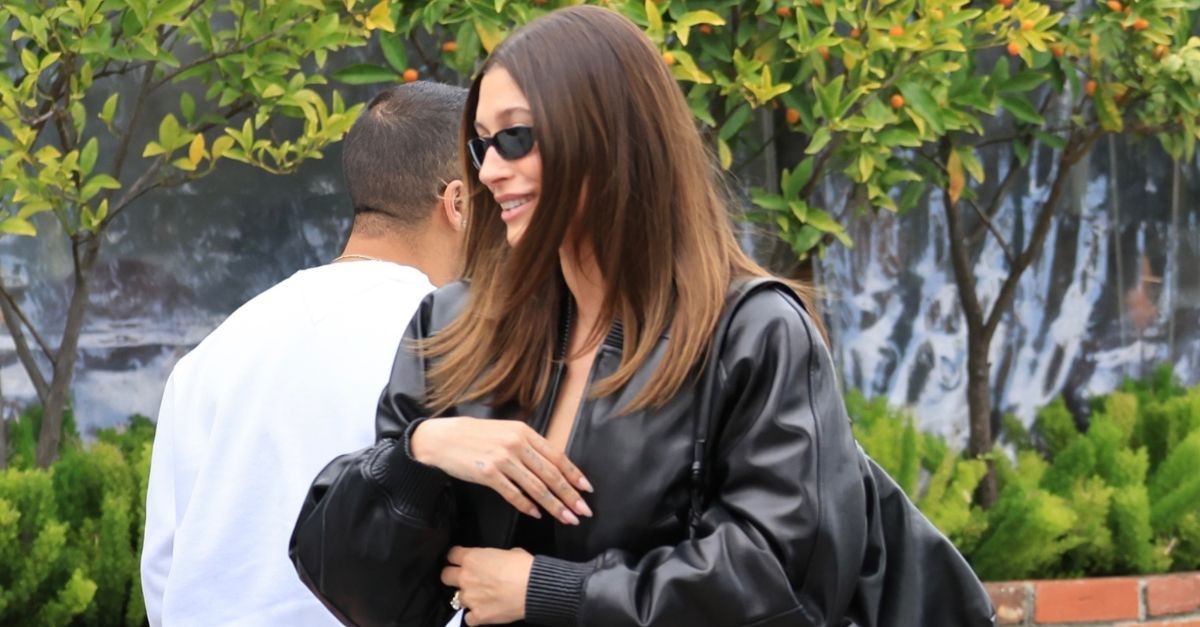






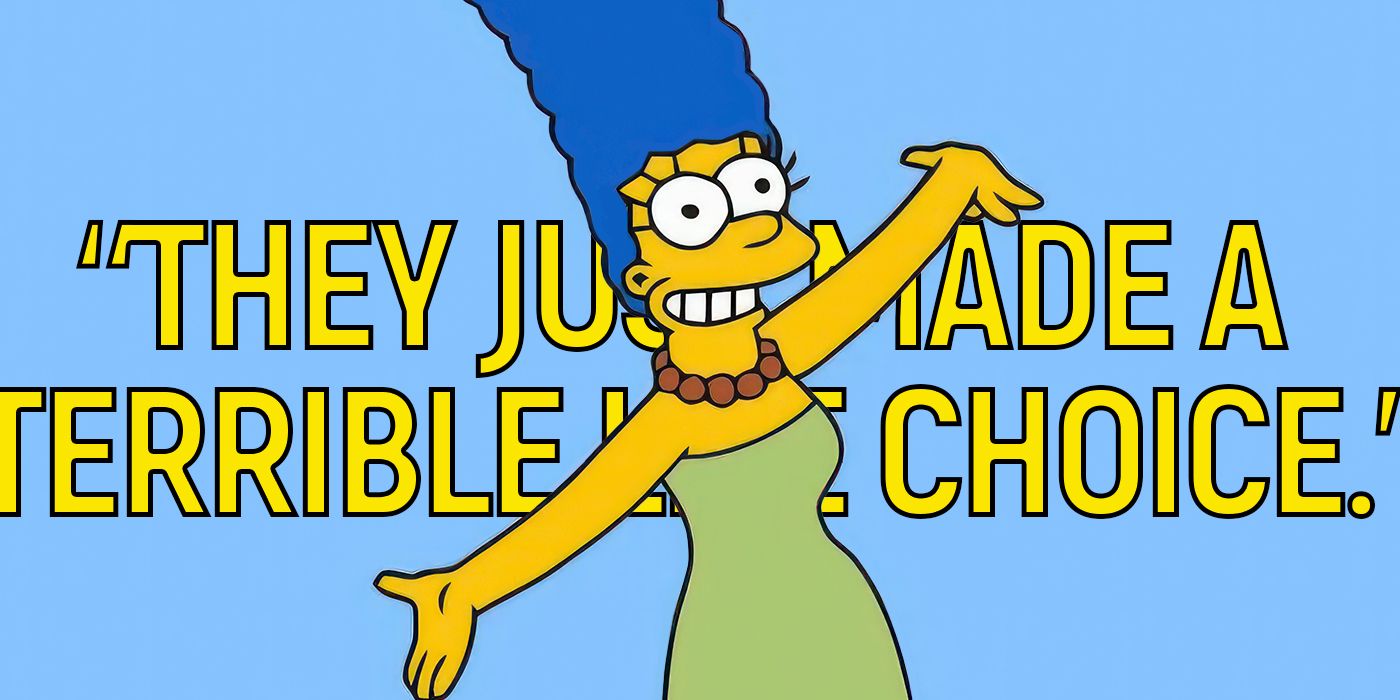


![Spider-Man Is Back in Black With the Green Goblin in New Funko Pop! Figures [Exclusive] Spider-Man Is Back in Black With the Green Goblin in New Funko Pop! Figures [Exclusive]](https://static1.colliderimages.com/wordpress/wp-content/uploads/2025/03/spider-man-the-animated-series-green-goblin.jpg)













